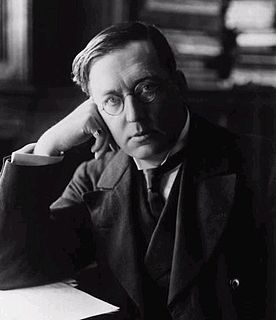A Quote by Barbara Amiel
Totalitarianism is feudalism in the twelfth century sense of the word.
Quote Topics
Related Quotes
Feudalism is an economic system where a few people own all the land and the others have no option but to be serfs on such a feudal estate. We now condemn feudalism. We condemn not merely the feudal lords but we condemn the whole structure of rules that sustained feudalism. I am asking people to think similarly about the world economy.
I believe that part of what propels science is the thirst for wonder. It's a very powerful emotion. All children feel it. In a first grade classroom everybody feels it; in a twelfth grade classroom almost nobody feels it, or at least acknowledges it. Something happens between first and twelfth grade, and it's not just puberty. Not only do the schools and the media not teach much skepticism, there is also little encouragement of this stirring sense of wonder. Science and pseudoscience both arouse that feeling. Poor popularizations of science establish an ecological niche for pseudoscience.
Whoever sides with the revolutionary people is a revolutionary. Whoever sides with imperialism, feudalism and bureaucrat-capitalism is a counter-revolutionary. Whomever sides with the revolutionary people in words only but acts otherwise is a revolutionary in speech. Whoever sides with the revolutionary people in deed as well as in word is a revolutionary in the full sense.
































